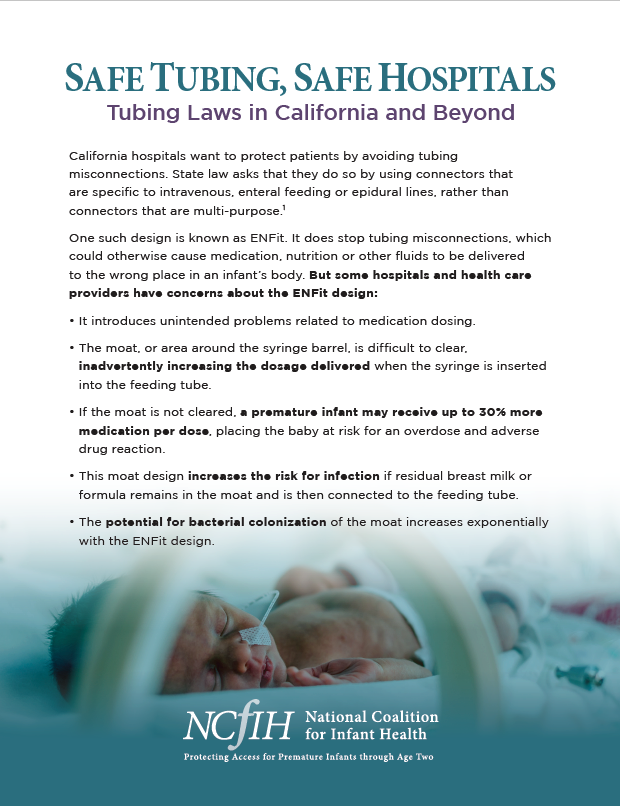When hospital procurement decisions are focused on cost, patients pay the price.
Can perinatal mood and anxiety disorders affect the health of a baby?
Yes. Mood and anxiety disorders can interrupt the natural rhythm and attachment between parent and child
By warding off diseases like influenza and pertussis, immunizations play a critical role in infant and early childhood health. Immunizations protect infants from life-threatening diseases, which can lead to both hospitalization and longterm complications.
A conversation with Donald M. Null, MD.
Q: What is RSV?
Respiratory syncytial virus is a seasonal virus that causes an infection of the lungs. RSV is the leading cause of hospitalization in children younger than one year old.
How are infants affected by COVID-19?
Dr. S: NICUs are starting to see babies born to COVID-positive mothers. Some of these babies may also test positive. The mothers are sick, but many times the babies have no symptoms. These babies still require isolation and one-on-one staffing. No visitors. Generally you see infants and children contracting COVID less frequently and not having as difficult a time with it as older adults do. One theory says that may be because of all the vaccinations young children receive. Their immune systems are bolstered.
A national data supplier provided palivizumab claims for Medicaid and commercial health plans across the nation from January 2019 through December 2019.
Health plans deny 40% of palivizumab prescriptions for premature infants born between 29 and 36 weeks gestation.
One in every four prescriptions is denied for infants who should qualify for coverage under standard insurance policies.
One of every ten babies is born prematurely. Many of these babies are temporarily fed through a feeding tube. But as development progresses, most babies transition to traditional oral feeding. This can mean feeding from a bottle or directly from their mother’s breast. Making this leap is hard – for babies and their parents.
Pregnant women today are mindful about the importance of prenatal care and prevention, particularly with respect to nutrition. However, with a steady barrage of new information, some of it seemingly contradictory, even the most conscientious mother-to-be may struggle to determine the best choices for her baby.
This Fast Facts outlines current scientific research and clarifies potentially confusing information.
California hospitals want to protect patients by avoiding tubing misconnections. State law asks that they do so by using connectors that are specific to intravenous, enteral feeding or epidural lines, rather than connectors that are multi-purpose.
One such design is known as ENFit. It does stop tubing misconnections, which could otherwise cause medication, nutrition or other fluids to be delivered to the wrong place in an infant’s body. But some hospitals and health care providers have concerns about the ENFit design.
For hundreds of thousands of women, the excitement of having a new baby is marred by overwhelming feelings of anxiety and helplessness caused by postpartum depression. The condition robs new parents of happiness during what they rightly expect to be a joyous time.
Sadly, many women experiencing postpartum depression will not receive a medical diagnosis or treatment. Often new moms or their health care providers don’t know the signs of postpartum depression—or don’t recognize them. And most hospitals do not yet have screening policies in place.
In some cases, when new moms know something isn’t right, they feel embarrassed, ashamed or too overwhelmed by the responsibilities of new motherhood to take time to get or ask for help. This is not healthy for them or their babies, which is why it’s important to know the facts about postpartum depression.










